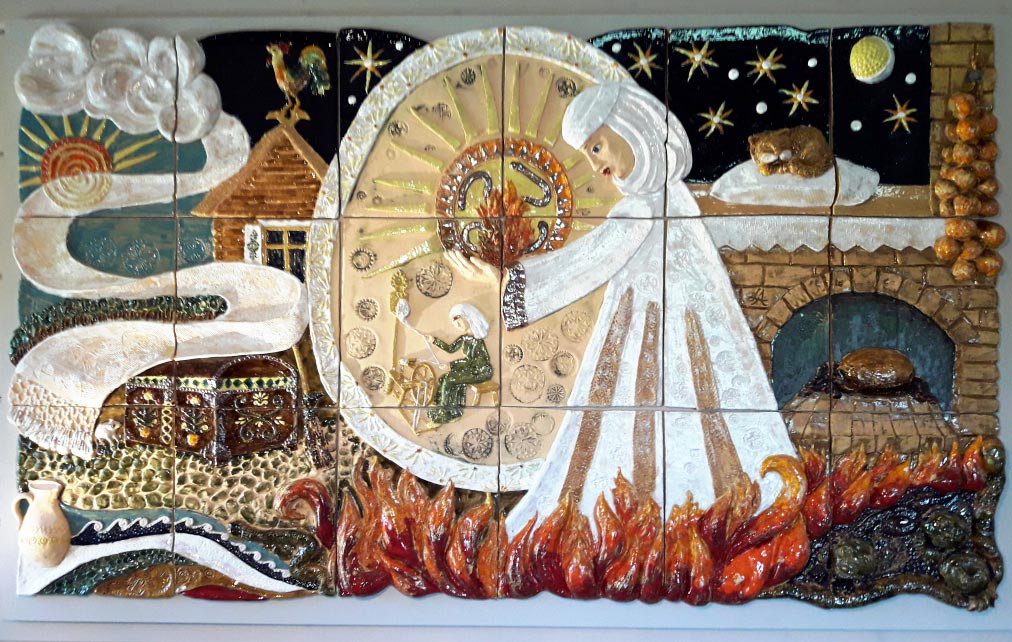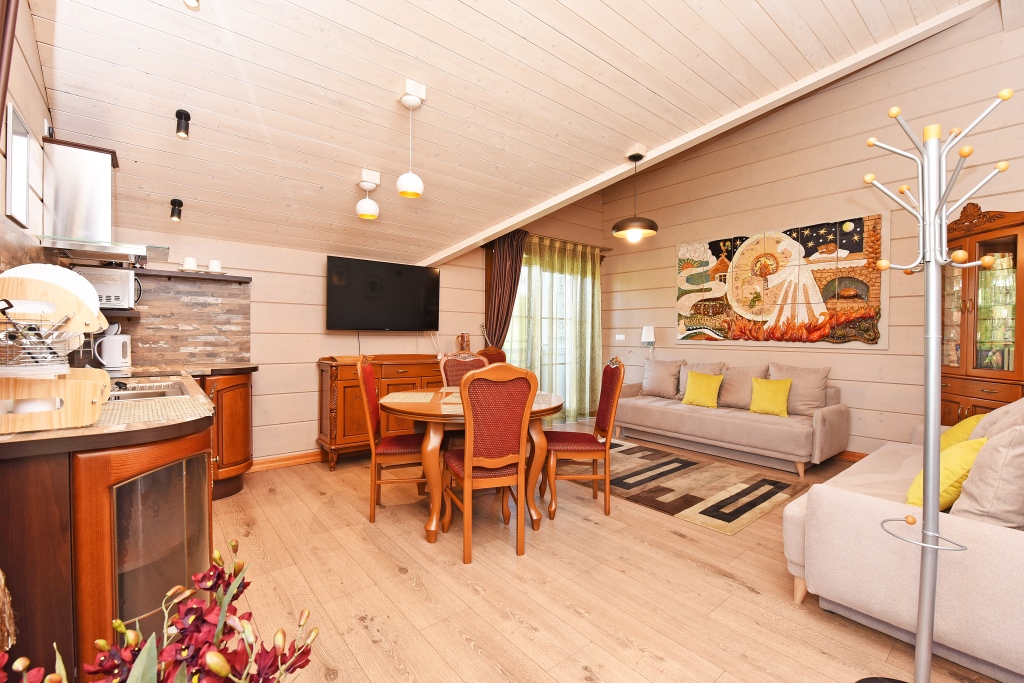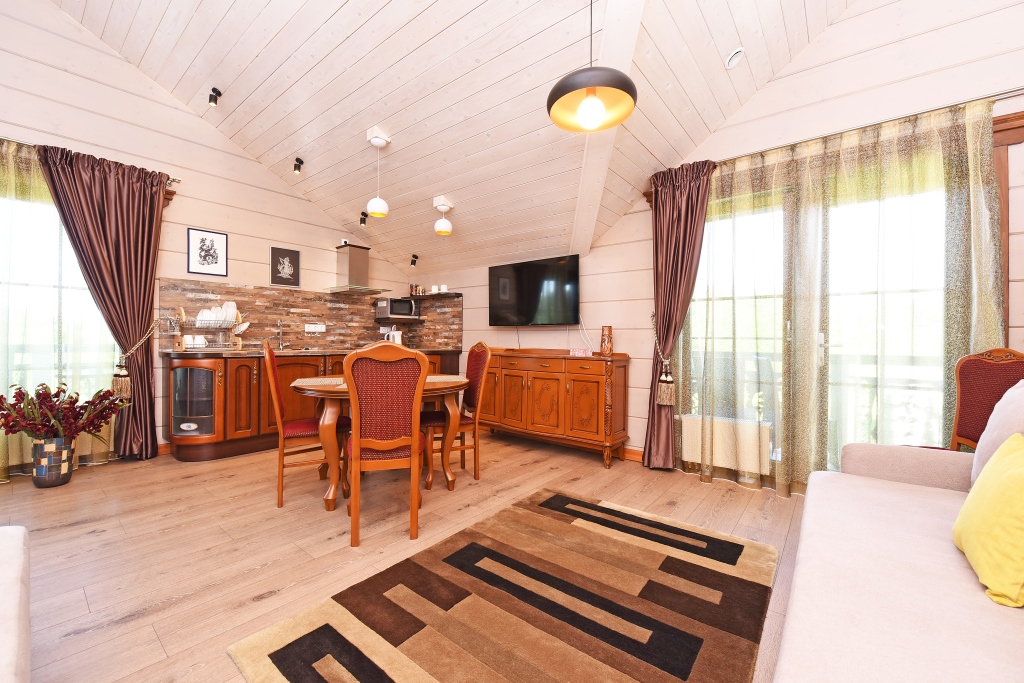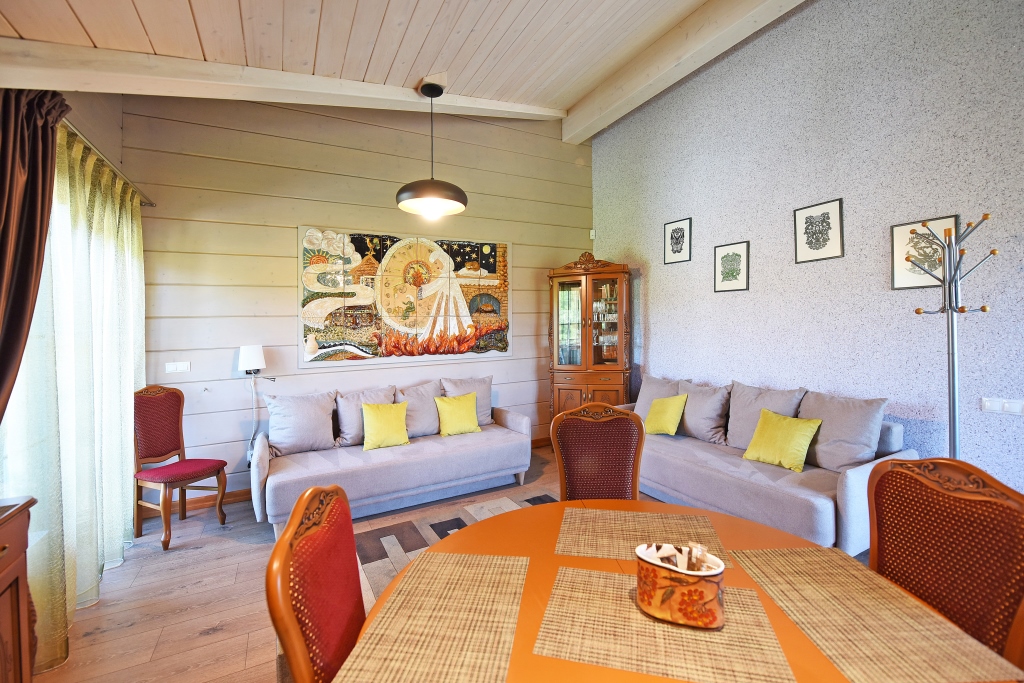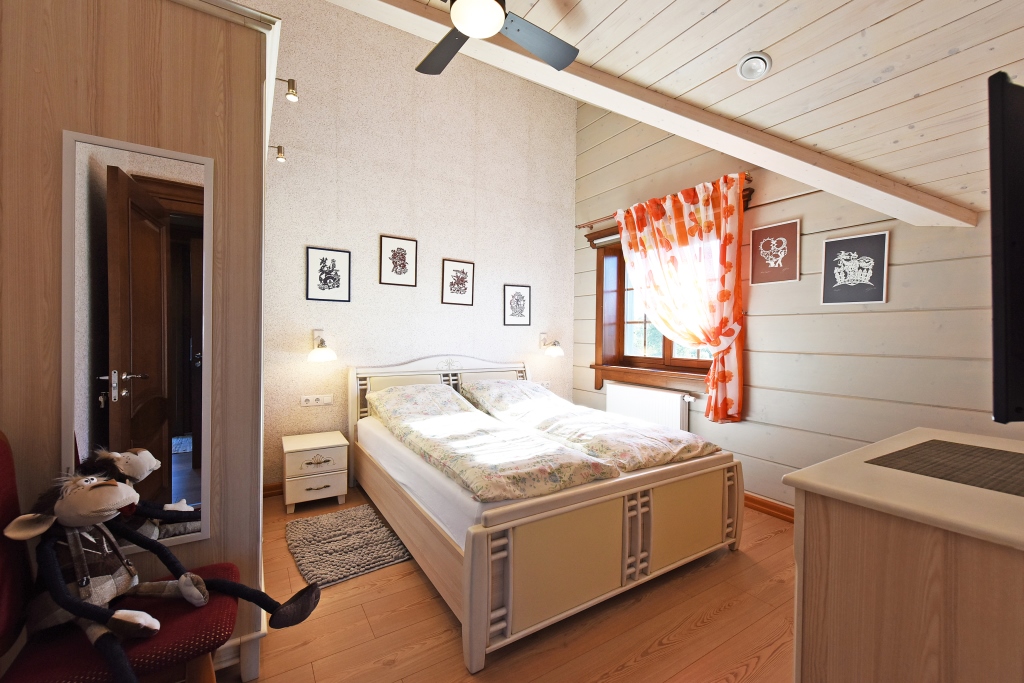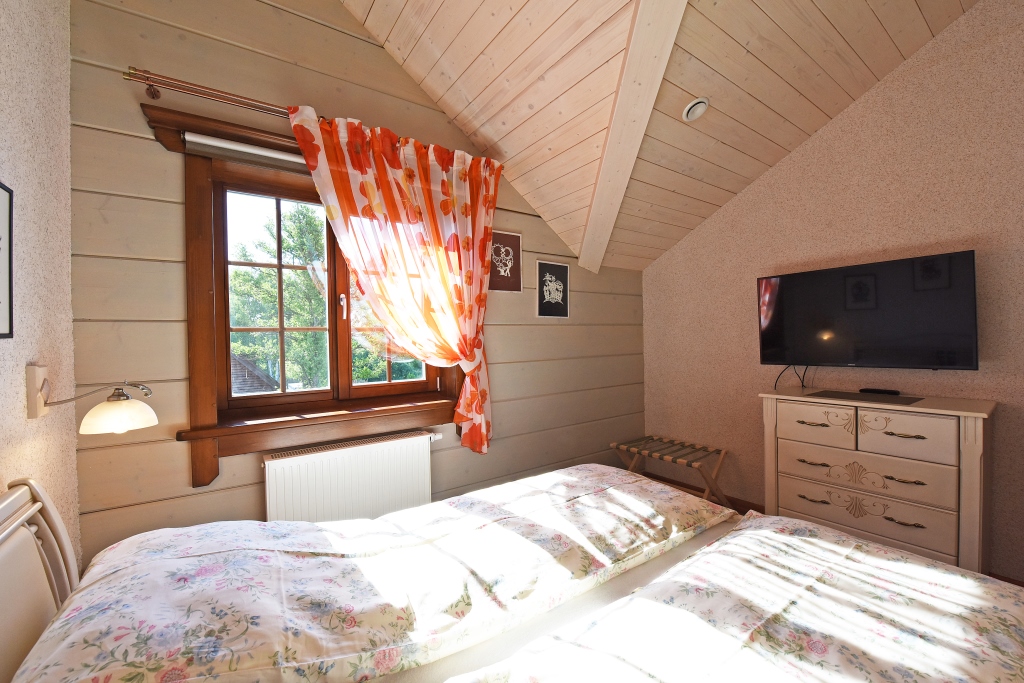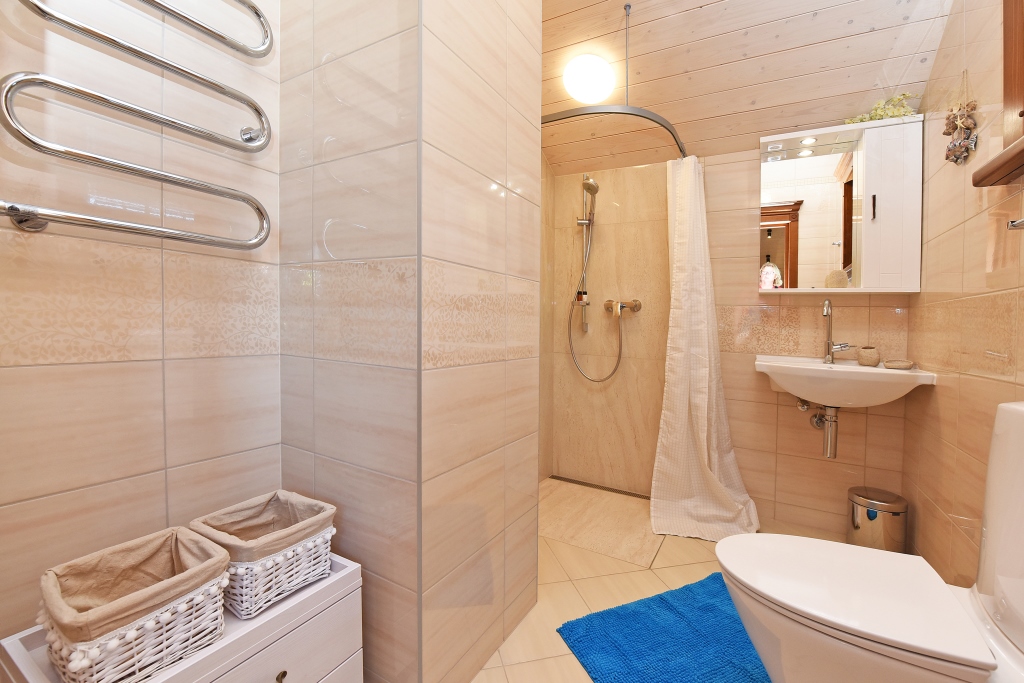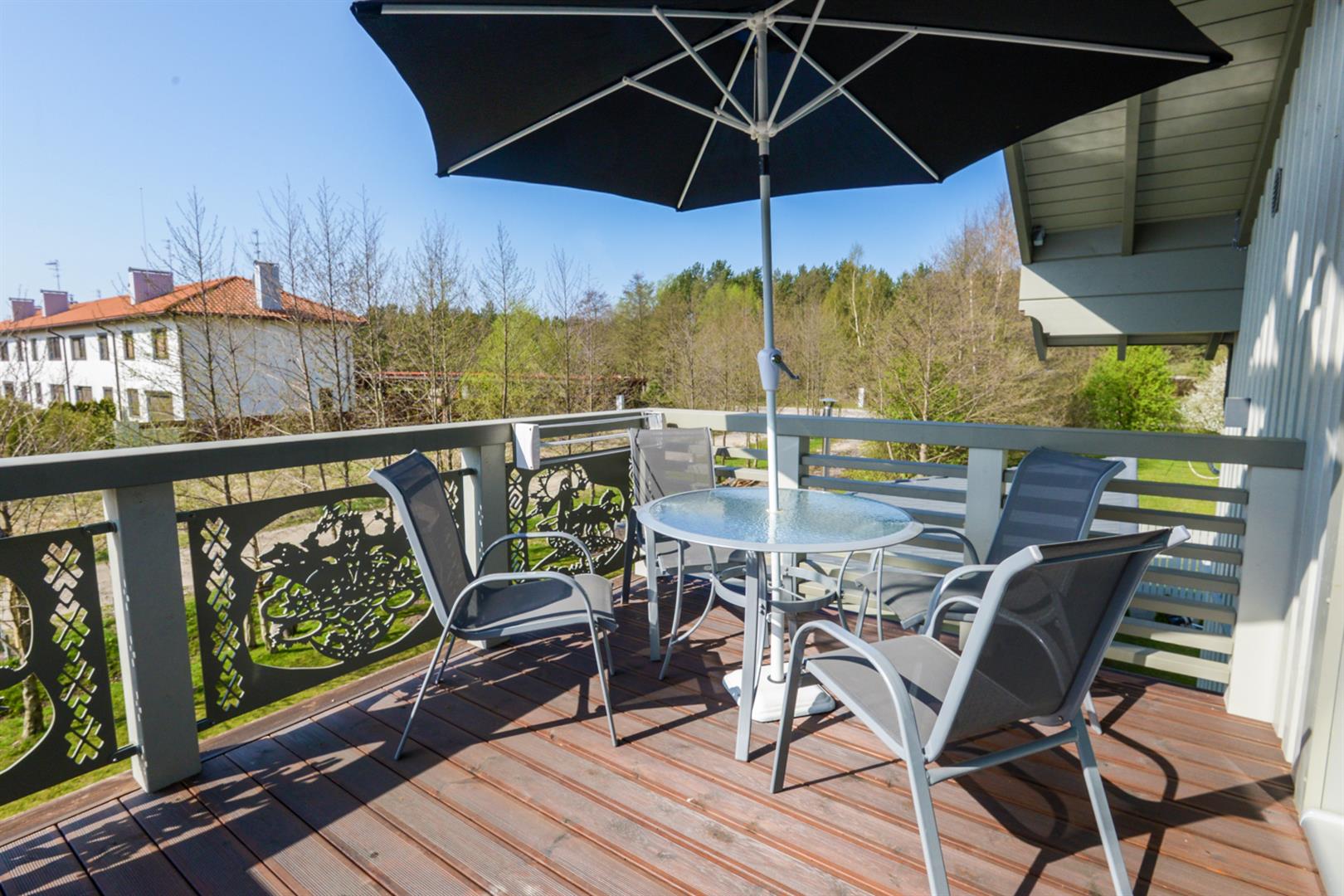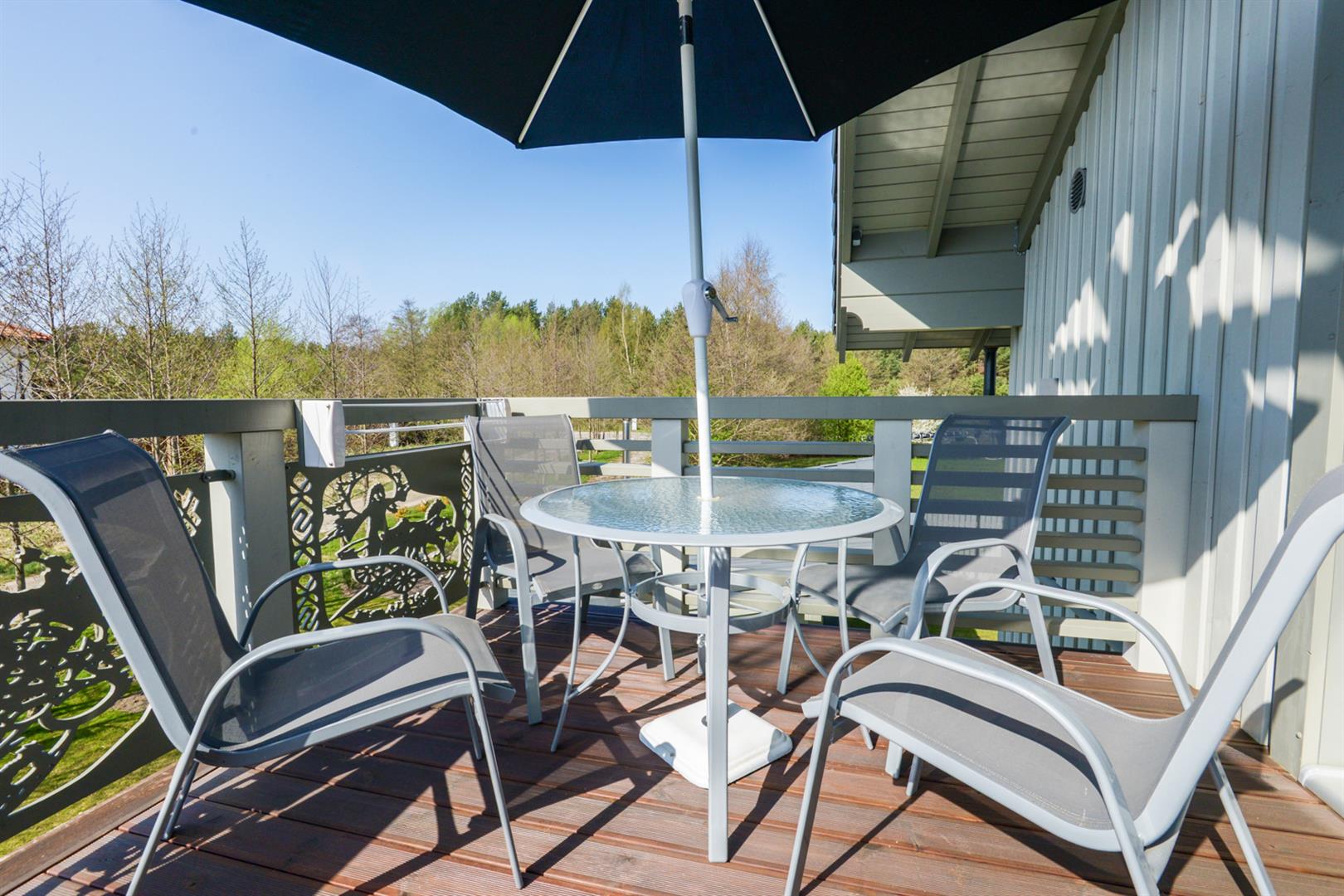Apartments GABIJA
These apartment with separate entrances are on the second floor. One apartment area is 45 sq.m. In every apartment there are two balconies with outdoor furniture. The apartments are ventilated by a central ventilation system. In the apartments there is air conditioner. There are mosquito nets.
There can rest large family – 6 persons (individual agreement - for an additional fee).
Living room + kitchen - 27 sq.m.
- large TV. Cable TV
- two sofa-beds which easily can be transformed into comfortable double beds.
- sideboard, table + 6 chairs, chest of drawers.
- kitchen furniture. Dishes, pots, cutlery
- oven, stove, microwave oven, kettle
- Wi Fi, safe.
Bedroom - 13 sq.m.
- double bed, wardrobe
- TV. Cable TV
- Wi-Fi
Bathroom - 5 sq.m.
- shower
- WC, sink
APARTMENT RENTAL PRICE:
from June 1 to September 1 - € 100
from 1 September to 1 June - € 60
Gabijà ( Fiery) is the Goddess of fire, the patroness of a fireplace
She cared not only of the home fireplace, but also for the whole farm, livestock, women's works, especially spinning in the light of a spill or a candle.
Sometimes she was pictured as a cat or a bird. Later, the Goddess of Fire was portrayed as a woman dressed in red clothes or a woman with wings.
Lithuanians not only made sacrifices to the home fireplace, but also took care of it as of a human being, to ensure that the fireplace was full, even “made bed”, laid it “to bed” and having laid covered it and drowsed. People thought that fire as a human being had to wash up after the daily works. Therefore, before making the bed of braziers some clean water was left near the fireplace for the fire to have a wash. Making a bed to the fire meant careful thorough management of braziers, and to cover the fire – meant to cover the braziers with ashes so that they would stay smouldering for long time. People made bed to the fire and covered it every day. In the event if a hostess failed to make bed to the fire or to cover it, the fire could become angry and sometimes even left the house of its hosts, i.e. burned the house. Making up the bed to the fire, prayers were spoken to Gabija asking not to burn the house, to stay calm. In ancient times, people thought that fire had eyes, and if the fire is poured with dirty water, the eyes were contaminated. Most often, the fire tried to take revenge for such a wrongdoing. Being be polluted, the fire had to be cleaned, and, in the process of cleaning, it could burn the building.
The home fireplace could also be contaminated by people, who were considered as “unclean” – various transgressors. The fire could be contaminated by dropping dirty things into it, spitting on it, trampling it underfoot, etc. The contaminated fire had to be “washed” by people - sprinkled with clean water. If stoking the fire some braziers or firebrands fell out of the fireplace, they were taken and put back. The fire fallen out from the furnace could not be tramped underfoot, whereas it was considered a great offense.
The fire of Gabija could have been fouled itself and therefore it needed to be renewed from the common source of fire, which symbolized the eternal Goddess of light, the Sun. The old fire of the fireplace had to be extinguished and a new one had to be fired. This was done during the summer solstice celebration, when a ritual bonfire was made. The bonfire was inflamed by a new, clean, uncontaminated fire, obtained by rubbing one piece of wood to another or using a rotating wheel and straw ropes. At night time, the fire from that bonfire was brought home and, having extinguished the fire in the fireplace, the new fire was made it the fireplace again. People believed that extinguishing a fireplace meant death and that it could make impact on the life of the entire community. Therefore, the fireplace was carefully protected so that it does not fade. The extinction of the fire itself was considered its death. Particular care was taken that the fireplace in the house would not be extinguished during the winter festivals, when the earth is covered with darkness and cold. The winter festival (the occasion of the shortest day and the return of the sun) lasted for several weeks (later it was identified as Christmas). People believed that at that time every place was full of all kinds of supernatural monsters, and they placed a dried-up birch tinder that burned for a long time. So, during the feasts, at home there was the holy fire bringing boon.
Baltų vila - For Your Rest, Žilvino str, 3, Kunigiškės, Palanga, 00160
